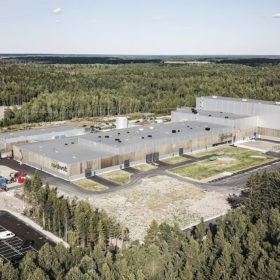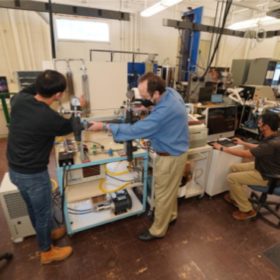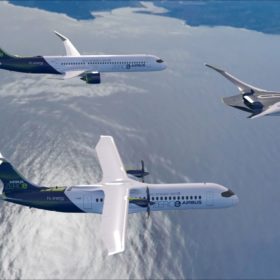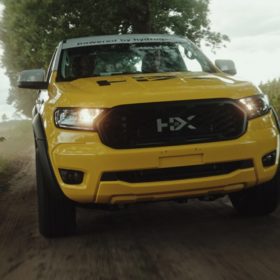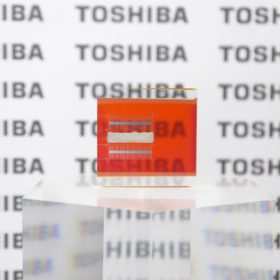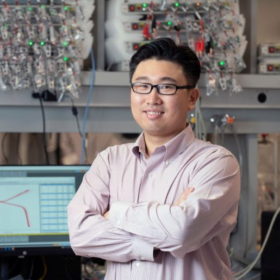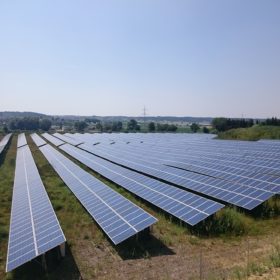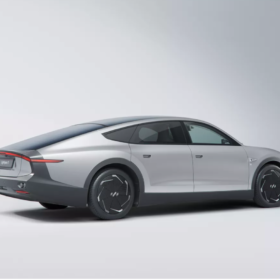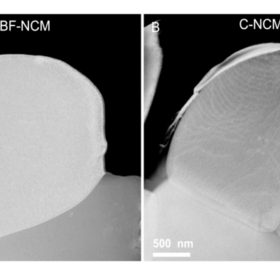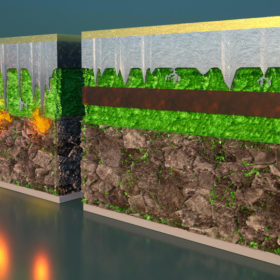Weekend read: Strategies for battery procurement
The worst effects of the pandemic may have passed but supply chain disruptions continue to be felt across the world. The effects of the war in Ukraine are also evident to all of us in our daily lives, from commodities to energy, food supply chains and beyond. The disruption in the battery energy storage system (BESS) supply chain is no different, writes Cormac O’Laoire, senior manager of market intelligence at Clean Energy Associates. Indeed, as the cost of raw materials such as lithium climbs, battery prices are being driven materially higher, on some accounts by 20% to 30%, rendering some projects uneconomical.
The mobility rEVolution: NASA’s cooling tech could shorten EV charging times
US researchers have unveiled a new way to speed up EV charging, while researchers in China have created a three-dimensional composite lithium anode to improve battery safety and efficiency.
Solar-powered synthetic kerosene could be vital bridge to zero-emission flying
A study of the investment and innovation needed to achieve the European Green Deal’s aviation ambitions has highlighted the key role that synthetic fuel can play until hydrogen and electric flights become a reality.
H2X launches Warrego hydrogen-powered pickup truck
Australian startup H2X is finally launching its hydrogen-powered Warrego pickup truck, following the announcement of the fuel cell electric vehicle (FCEV) last year. It is now undergoing final validation and verification and will likely hit the market within nine months, according to the company.
Toshiba raises efficiency of transparent cuprous oxide solar cell from 8.4% to 9.5%
Toshiba has revealed that it has improved the power conversion efficiency of a transparent cuprous oxide solar cell to 9.5%, from the 8.4% mark it reached in December 2021. It enlarged the cell and suppressed carrier recombination at the edge of the cuprous oxide (Cu2O) generation layer, which usually causes generation efficiency degradation.
The mobility rEVolution: Zero-cobalt cathode for highly stable lithium-ion batteries
US researchers say they have developed a way to make cobalt-free lithium-ion battery cathodes, while Ford says it has broken ground on a new $5.6 billion production complex for electric vehicles and batteries.
In Asean nations it’s all about the solar
Indonesia will have to get to work installing more than 24 GW of solar this year – and every year – if the region is to achieve the 2.1 TW to 2.4 TW of photovoltaics Irena has estimated it will require to achieve a net zero carbon energy system by 2050.
The mobility rEVolution: Lightyear 0 makes history as the world’s most aerodynamic production car
In other news, Our Next Energy reveals 240-Ah anode-free cell with high energy density, ABB E-mobility expands its manufacturing footprint in the US, and Volvo’s parent company Geely unveils 600 kW supercharging technology.
The mobility rEVolution: High-voltage battery cathode for longer driving ranges
Shell has revealed it will use Driivz’s EV charging platform in Europe, and Nissan said it will offer bidirectional charging in the US market. Schneider Electric, meanwhile, has unveiled a new EV charger.
The mobility rEVolution: Rapid-charging solid-state battery moves toward commercialization
US researchers have developed a new solid-state lithium-metal battery, and China’s SVOLT has started producing prototype solid-state cells. Toyota, meanwhile, has revealed plans to invest billions of dollars in battery production.
